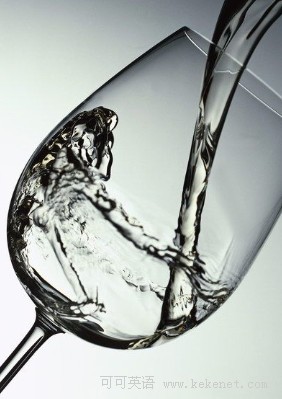
為什么喝酒時要碰杯?喝酒碰杯的習俗有很多種解釋。一種是早期歐洲人認為碰杯的聲音可以驅逐惡靈。另一種解釋堅持認為碰杯時雙方各將自己的酒向對方的酒杯中傾注一些,從而證明酒中無毒。這么多選擇里尼選擇相信哪一種?
Claim: The ritual of clinking glasses evolved from efforts to prove that the drinks contained therein were not poisoned.
聲稱:碰杯的儀式起源于確認杯中有無毒藥
False
錯誤
Q: Why do people clink their glasses before drinking a toast?
Q:為什么喝酒時要碰杯?
A: It used to be common for someone to try to kill an enemy by offering him a poisoned drink. To prove to a guest that a drink was safe, it became customary for a guest to pour a small amount of his drink into the glass of the host. Both men would drink it simultaneously. When a guest trusted his host, he would then just touch or clink the host's glass with his own.
A:過去常常有人認為在酒杯里放毒來謀殺敵人,為了證實酒是安全的,賓客會把杯中一部分酒倒進主人杯中已成為一種習俗,然后主賓同時喝下去以證明無毒。當賓客信認主人時,兩人就只是碰一下杯子。
Origins: Many explanations have been advanced to explain our custom of clinking glasses when participating in toasts. One is that early Europeans felt the sound helped to drive off evil spirits. Another holds that by clanking the glasses into one another, wine could be sloshed from glass to glass, thereby serving as a proof the beverages had not been poisoned. Yet another claim asserts that the "clink" served as a symbolic acknowledgment of trust among imbibers who did not feel the need to sample each others' drinks to prove them unadulterated.
起源:喝酒碰杯的習俗有很多種解釋。一種是早期歐洲人認為碰杯的聲音可以驅逐惡靈。另一種解釋堅持認為碰杯時雙方各將自己的酒向對方的酒杯中傾注一些,從而證明酒中無毒。然而還有另一種則認為:碰杯是一種象征性的相信酒是干凈的,不需證明有沒有放毒。











